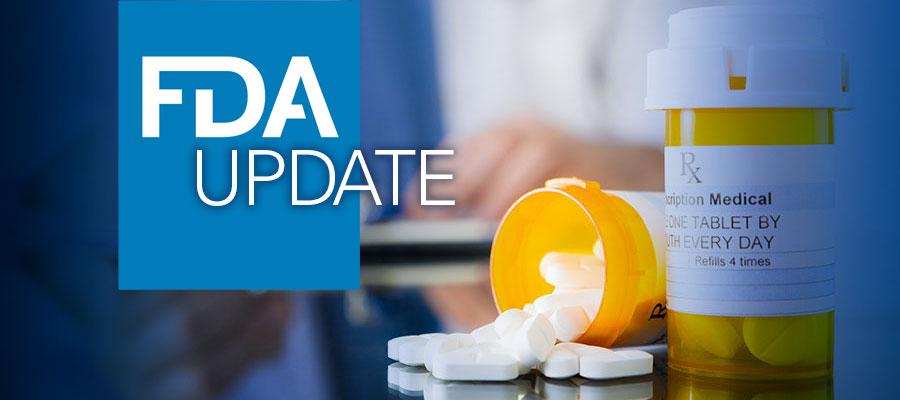FDA to Explore Importing Certain Drugs When Access Threatened

The Food and Drug Administration is forming a work group to explore whether and how to temporarily import suitable substitutes for critical drugs with only one manufacturer, and no patents or exclusivities, when price increases or supply disruptions create significant barriers to patient access, FDA Commissioner Scott Gottlieb, M.D., announced today. The work group will examine issues such as the statutory and regulatory requirements relevant to developing and advancing such a policy. In other news, the FDA yesterday released a plan to speed biosimilar products to market and final guidance on labeling for biosimilar products. The plan focuses on streamlining and clarifying the product development and approval process; educating clinicians, patients and payers about biosimilars; and reducing anticompetitive behavior. While FDA has approved 11 biosimilars, only three are currently marketed in the U.S. According to a study the agency plans to release soon, Americans would have saved more than $4.5 billion in 2017 if all approved biosimilars were on the market, Gottlieb said.

